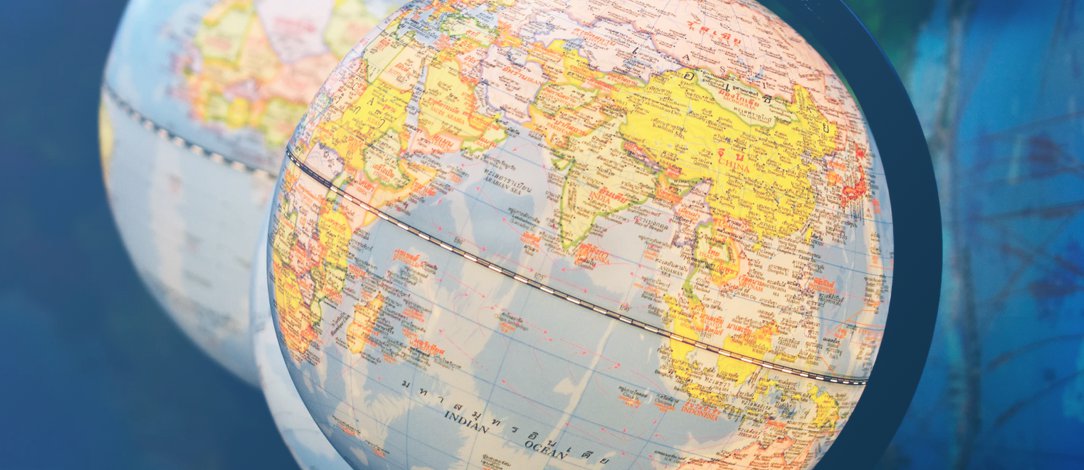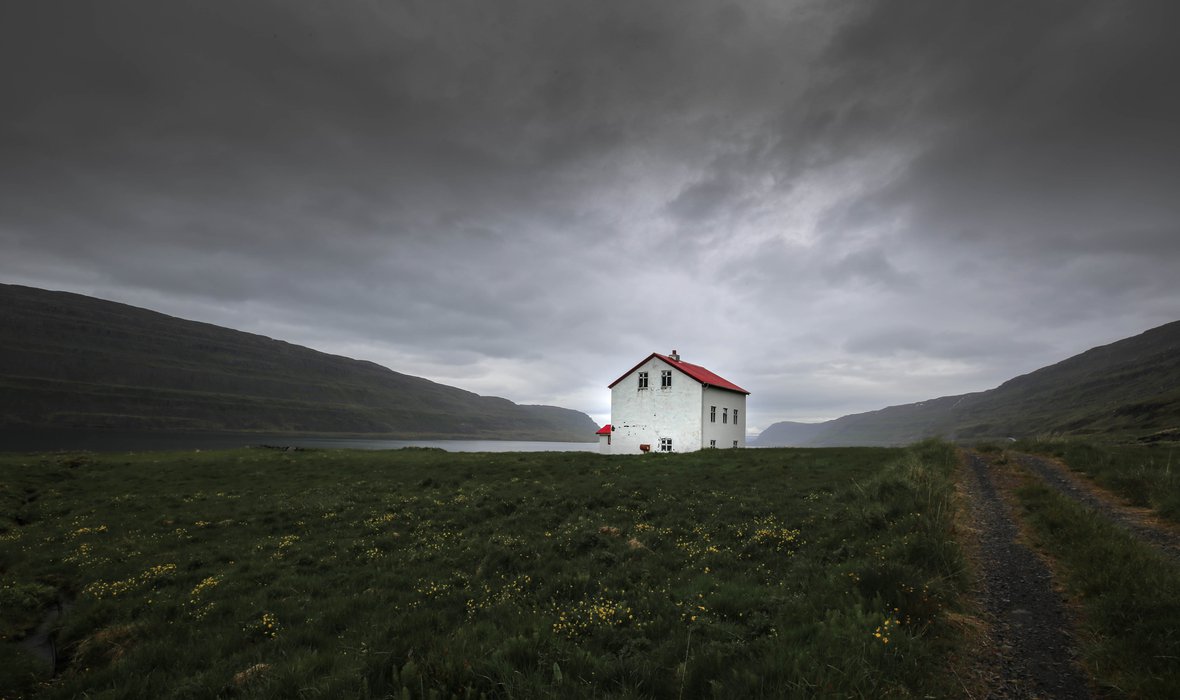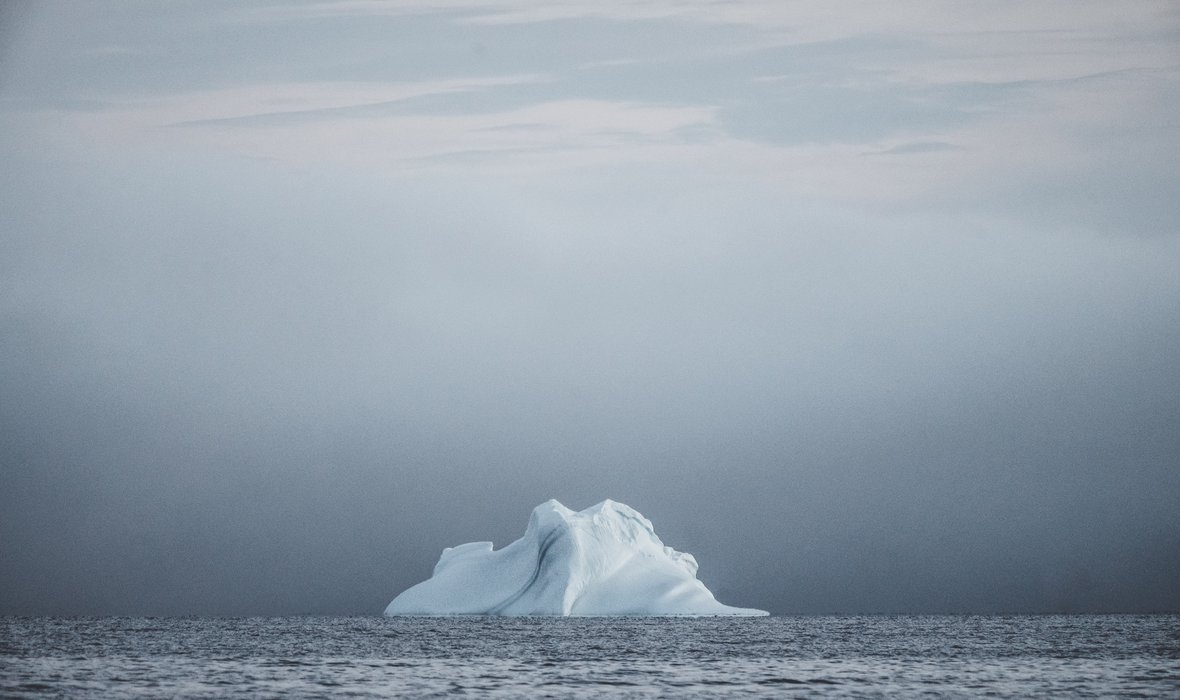
Institute of International Affairs (IIA)
The role of the Institute of International Affairs (IIA) is to provide education, promote research, and carry out service projects in the field of international relations. It aspires to serve both academic and professional needs and stimulate a general discussion on subjects relating to international affairs. To this end, the Institute plans and carries out research on various subjects and hosts conferences, seminars, and lectures concerning international affairs. It offers various services to both the private and public sector, conducting surveys, writing reports, and carrying out research on a range of topics. It publishes books and papers on international relations and Icelandic foreign affairs. International cooperation and interdisciplinary discussions are important factors in the work of the IIA.
Over one hundred scholars with various types of expertise participate in the work of the IIA, CAS and the CSSS, and the institutes have ties to a number of foreign research bodies. The IIA is a forum for dialogue between the academic community, the private sector, and public service in the area of international relations. The Institute of International Affairs was established in 1990 but was expanded and re-structured with the creation of the Centre for Small State Studies in 2001. The Centre for Arctic Studies was launched in March 2013. The Institute and the Centres are supervised by a joint Steering Board. All three are housed within the University of Iceland’s School of Social Sciences but with close links to the School of Humanities. Höfði Reykjavík Peace Centre is the newest addition to the Institute of International Affairs and it was established in October 2016.
The Director of the Institute of International Affairs is Pia Hansson.

Centre for Small State Studies
The Centre for Small State Studies (CSSS) aims to encourage research and education on the subject of small states. It has established itself as one of the leading research centres in the world focusing on this theme. The CSSS has received several grants from the European Union, the Nordic Council, and the Nordic-Baltic Council. It has also received support from both private and public enterprises in Iceland. In 2013 the CSSS was awarded a prestigious Centre of Excellence grant from the EU and will thus become a Jean Monnet Centre of Excellence, the first of its kind in Iceland. Since 2003, the CSSS has run an annual summer school on Small States and European Integration. The course runs for two weeks and is open to both Icelandic and international students. The Summer School is a joint project of several universities in Europe and is sponsored by the EU’s Erasmus program. The Centre runs two reviewed publications series offering occasional papers as well as working papers, available in print and online. The Centre has also published books on various related topics.
The Program Manager of the Centre for Small State Studies is Tómas Joensen.
Baldur Þórhallsson, Professor at the Faculty of Political Science, is the Programme and Research Director of CSSS.

Centre for Arctic Studies
The Centre for Arctic Studies, founded in 2013, operates under the auspices of the Institute of International Affairs. The Centre takes an interdisciplinary approach, bringing together scholars from all fields and faculties of the university that are engaged in Arctic research. Since its inception, special emphasis has been placed on the West Nordic region; Iceland, Greenland and the Faroe Islands, as well as the growing interest of big powers such as China in the Arctic and the impact this interest has had on these smallest countries. Security issues, broadly defined, have also been high on the Center's agenda including environmental issues, international politics, defense matters and societal security.
The Centre for Arctic Studies supports and participates in Arctic research conducted by researchers and scientists at the University of Iceland and disseminates research results. In addition, the center contributes to education and hosts lectures and events, often in collaboration with other domestic and foreign institutions. The center also oversees or takes part in various projects related to the University of Iceland's participation in the University of the Arctic (UArctic) and the Icelandic Presidency of the Arctic Council.
The Centre for Arctic Studies works closely with the Centre for Small State Studies and the Höfði Reykjavik Peace Center, both of which are part of the Institute of International Affairs, on various projects in the field of research and education.
The Project Manager of the Centre for Arctic Studies is Kristmundur Þór Ólafsson.

Höfði Reykjavík Peace Centre at the University of Iceland
Höfði Reykjavík Peace Centre is run under the auspices of the Institute of International Affairs (IIA) at the University of Iceland. It is a collaborative effort of the City of Reykjavik and the University of Iceland, established in 2016. The centre promotes interdisciplinary and international research in peace- and conflict studies, enables informed policymaking and provides a platform for discussion and education on peace and conflict.
The creation of Höfði Reykjavík Peace Centre provides the Institute of International Affairs with the opportunity of expanding its research areas, which has led to a greater emphasis on the challenges now facing modern societies, such as climate change, human rights abuses, immigration and refugee issues, as well as rising nationalism and populism in the mainstream discourse. These new challenges aren't limited to defined states and borders. They are global and systematic, while their effect is felt on the individual level. That is why Höfði Reykjavík Peace Centre focuses on non-conventional actors in its research and analysis, on peacebuilding “from below”, acknowledging gender and other social groups, understanding “the local” in peace processes, and sub/non-state actor roles as either spoilers or supporters of peace.
One of the main objectives of Höfði Reykjavík Peace Centre is to assist the City of Reykjavík in formulating its own peace policy and to establish an even stronger position as a city of peace on the international arena, guided by human rights, democracy and international cooperation. Furthermore, Höfði works closely with the Centre for Small States Studies and the Centre for Arctic Studies, both of which are part of the Institute of International Affairs, applying an interdisciplinary approach in its research with an emphasis on research and knowledge transformation.
The Project Manager of Höfði Reykjavík Peace Centre is Auður Birna Stefánsdóttir.
Silja Bára Ómarsdóttir, Professor at the Faculty of Political Science, is the Programme and Research Director of Höfði Reykjavík Peace Centre.